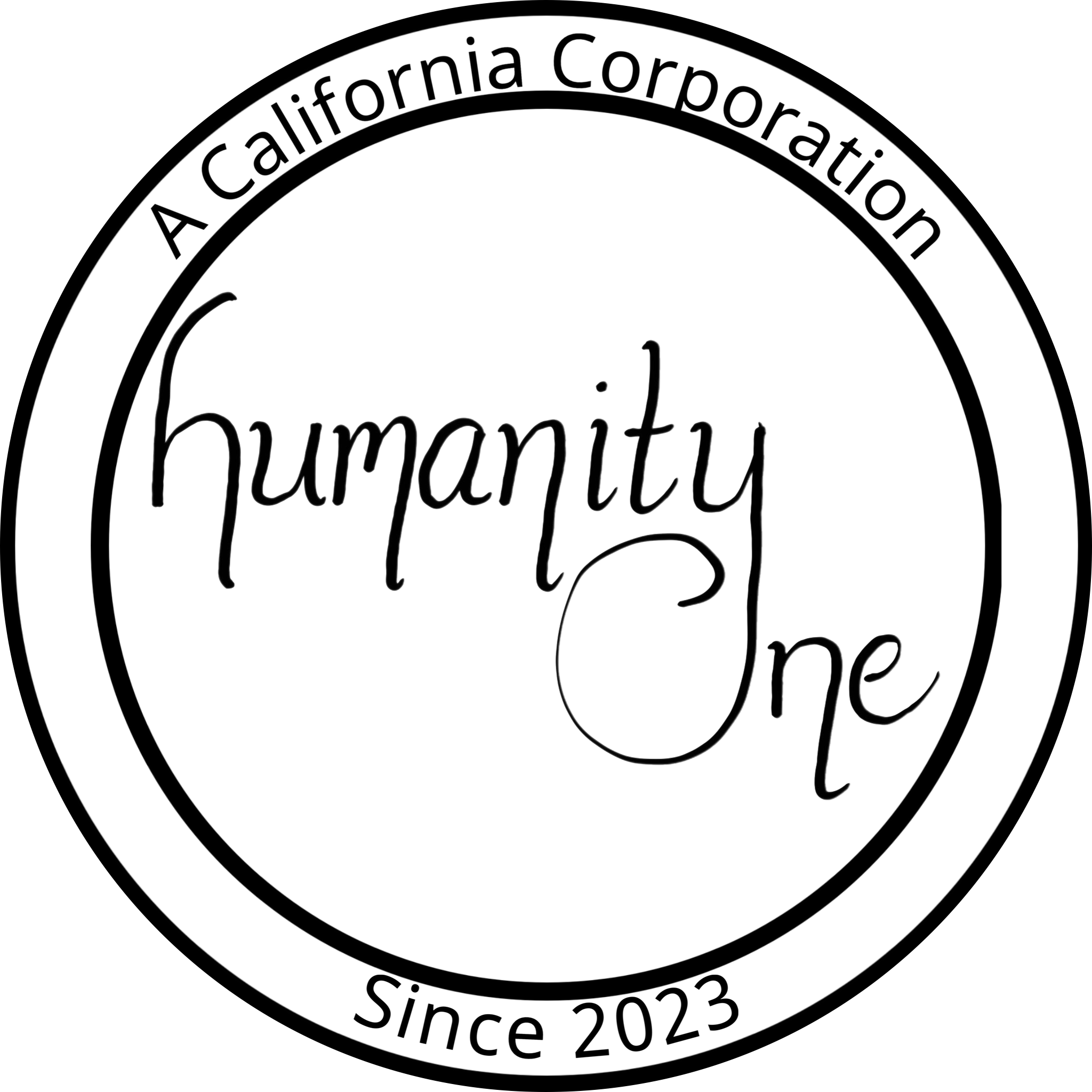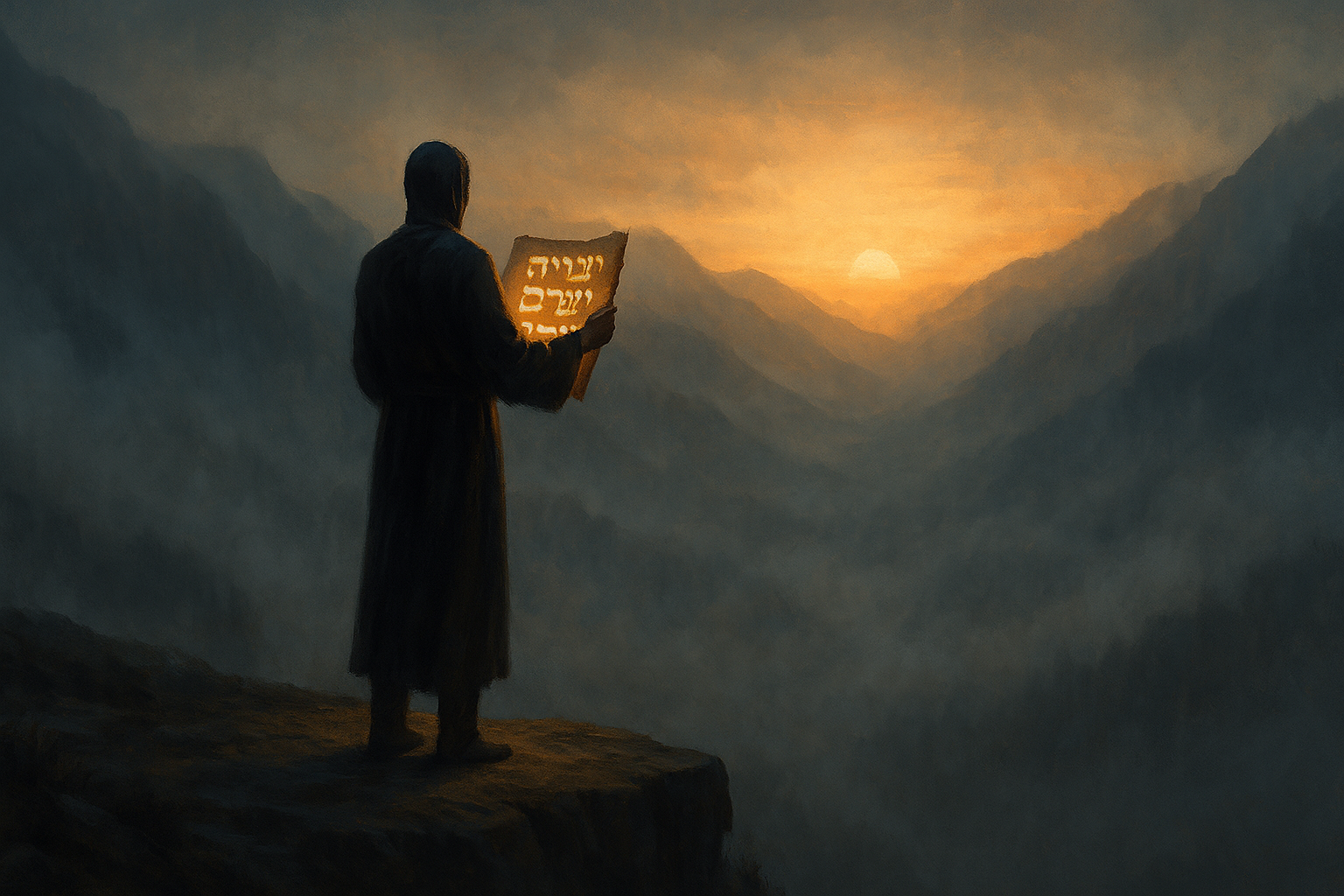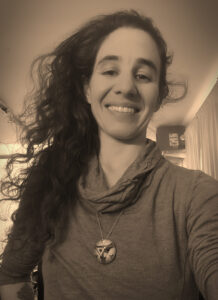Thank you for that.It makes me wonder and question a lot of my beliefs. I have so many questions now.
I’ve been avoiding doing this because I already know some people are going to find it upsetting, and the last thing I want to be doing is upsetting people. But, sometimes, upsetting people is unavoidable. Sometimes there are questions that need to be asked that make people uncomfortable. Sometimes there are truths that need to be told that people might not want to hear. Like an intervention, for example. The person receiving the intervention usually doesn’t appreciate it, at least not right away. And why is that?
Interventions—whether about addiction, behavior, or beliefs—feel like attacks, even when they’re offered in love. They feel like betrayal, even when they come from the people who care the most. They force a reckoning. They take the comfortable lie and hold it up next to the uncomfortable truth—and this does not feel great.
It’s hard to hear that you’re being misled. Nobody wants to hear that. Nobody wants to feel they’re mistaken about something—especially if it’s something that means a lot to them. We all want to believe we’re doing okay. That we’re good people. That we haven’t missed something crucial. And when someone disrupts that, the first reaction is almost always defense, anger, denial.
That’s what makes this so hard. But my goal isn’t to shame. It’s not to win a fight. It’s not to cause pain.
It’s to break the spell. And no spell ever broke without a jolt.
So yes, I’ve been avoiding this. Because I know it might upset people. But that can’t be the thing that stops me.
Ok, here goes. Let me back up and start from the beginning.
When I say misled, I don’t mean that with anger or superiority. I mean it with heartbreak. I mean it as someone who has spent years pulling threads, reading deeply, asking uncomfortable questions, who has read and wrestled with the same scriptures they quote but because I understand their original meaning, I could see how much had been changed, or lost.
Let me stop beating around the bush here because we’re all adults and you deserve to be told the truth. Here’s the bottom line. The foundation of what you were handed—this idea that faith requires believing in a man’s death to cover your sins—is not what the Hebrew Scriptures ever said. It’s not what G-d asked for. It’s not what the prophets taught.
And how do I know that? Because it’s written plainly. Not hidden, not coded, but very clearly.
In the Torah, G-d says no person can die for another’s sin. Each soul is accountable for its own actions.
Moses says it. Ezekiel repeats it. Jeremiah confirms it.
The idea of one man’s death cleansing the sins of others doesn’t come from the Hebrew Scriptures—it comes from later writings, written in Greek, by men who reinterpreted the text to fit a new theology. But, of course, they didn’t invent it out of nothing— because what kind of credibility could that have? So, they borrowed the symbols of Israel and reassembled them into something new. Something emotional. Something persuasive. Something powerful. But not something True.
From the very beginning, the Torah taught responsibility. Not inherited guilt. Not substitution. Not vicarious atonement. Responsibility. If you did wrong, you faced it. You repaired it. You grew. You found the courage to own your choices, and change your ways.
Salvation, earned through someone else’s suffering?
Tell me— why would a loving G-d create us with human imperfections so hopeless that only a divine sacrifice could redeem us? That would be kind of cruel, wouldn’t it? What kind of relationship would a dynamic like that allow us to have with G-d?
No, you deserve to know the truth because something sacred was stolen from you: your own direct relationship with G-d… no medium, or mediator, no need for someone to suffer or die for you. No need to be rescued from your own humanity.
Let me pause here, because here’s the thing— you don't have to guess or wonder if I’m right, or take my word for it. You can literally just go look for yourself. What did the Hebrew prophets actually say?
For example— You’ve been told that Isaiah 53 speaks about a suffering messiah who dies for the sins of others. But… what did Isaiah 52 say? Or 51? Or 50? Or 49? Or, for that matter, Isaiah 1? Or 66? Go back and read them. The servant in Isaiah doesn’t suddenly appear in chapter 53. The text names the servant repeatedly and each time it’s mentioned, it’s clear who it is. It’s not a single man. It’s Israel. The nation itself—wounded, exiled, mocked, and yet still faithful. A servant of G-d through whom the light of righteousness might be brought to this world. That’s what the prophet said. Not a man to be worshiped. A people to bear witness.
That is not opinion. That simply what the text says.
And look at Psalms. You’ve been told that Psalm 22 is a prophecy about crucifixion. But in Hebrew, it’s not “they pierced my hands and my feet.” Ka-ru .It’s “like a lion are my hands and my feet.” Ka’ari. The difference of a single letter, mistranslated and repurposed to make the story fit.
Over and over again, this is what happens: dozens upon dozens of times a verse is lifted out of its place, translated through a foreign tongue, and read as proof of something no prophet ever said. And generation after generation, good and sincere people have been taught to see what isn’t there.
I promise you that if you read what it says instead of just what you’ve read says that it says, you will find that none of the Hebrew prophets ever said salvation would or even could come through a man’s death, a human sacrifice. They said redemption comes when people turn back to G-d. Always.
And, I know this might be hard to hear. Especially for those who were raised with this belief since childhood—who were taught to see it as the one and only path to G-d.
But I say this out of love, and I’m speaking directly to you now, if this resonates with you:
That same G-d you already pray to, that same G-d whose presence you feel when you sing, when you cry, when you ask for help— That G-d is the G-d of Israel. He never abandoned you, just as He never abandoned the Jewish People.
Delusion can too easily become tradition. And that’s why Truth matters. Because G-d’s word doesn’t need a brand or a gimmick. All it needs is to be remembered. The G-d of Israel never wanted human blood because He already lives in the human heart.
You don’t need to change gods. You only need to see the One you already know more clearly.
He is not a distant judge demanding blood. He is the Source of life, asking only that we live with integrity, kindness, and justice. And that when we screw up, as we inevitably will, that we show up in our lives and try to do better.
The Difference Between Truth and Delusion
Some might say— what does it matter? Why stir all this up? If someone finds comfort in their belief, even if it’s mistaken, isn’t that still good? Isn’t peace better than conflict?
Well— comfort built on illusion isn’t peace. It’s fantasy.
And when a person lives inside a delusion—no matter how comforting—it separates them from the real world, from real accountability, from the real G-d who speaks not through fantasy but through Truth. It creates a perspective that is slightly off— like looking through a cloudy lens or a warped mirror. Everything they see and understand from that point of view becomes distorted.
This distortion teaches that someone else’s righteousness can cover your wrongs.
Authenticity says: Stand up. Take ownership. Grow.
This distortion teaches that the pain of life is a punishment.
Authenticity reminds us it’s instructive.
This distortion keeps you waiting for someone else to save you.
Authenticity invites you to return to the One who already gave you the power to begin again.
But… wait… maybe I should back up even further.
There is a reason why Jews don’t proselytize. It’s not indifference — it’s respect. We believe every nation already has its own path to righteousness. See, before the Torah was given at Sinai, there were seven laws given to Noah. These seven Noahide laws are the universal foundations for moral life.
No idolatry.
No blasphemy.
No murder.
No theft.
No sexual immorality.
No cruelty to animals.
And justice in the courts.
That’s it. That’s not exclusion. That’s divine inclusion.
Because before there was theology, there was relationship. Before there were doctrines, there was breath. And when that breath “inspired” the first human, it wasn’t conditional. It was gift, and a tether.
So no, this isn’t about proving anyone wrong. It’s about calling all of us back to what’s right. To remember that what G-d gave humanity wasn’t a religion of intermediaries or institutions—it was a covenant of conscience.
Each of us accountable. Each of us capable. Each of us divine. Each of us made in His image.
This difference is not small. It shapes entire civilizations.
A people who believe they are helpless will always seek a savior.
A people who believe they are responsible will build a just world.
That’s why this matters. Because it’s not just theology—it’s destiny.
If every person understood that G-d gave them the strength to face themselves honestly, to repair what they’ve broken, to live in truth rather than comfort— the world would tilt back toward balance. Violence would lose its glamour. Victimhood would lose its grip. And faith would finally mean what it was meant to mean: partnership with the Divine, not dependence on illusion.
To stand before G-d not as servants begging for pardon, but as children rediscovering their Father.
To live in authenticity is to live awake. Do not sleepwalk through life while calling it faith.
The Torah’s message is not “Believe.”
It’s “Choose.”
When humanity first stood before the choice of covenant, G-d offered it to all the nations. But each one asked what was written in it, and when they heard its demands, they turned away.
Only Israel said, “We will do and we will hear.”
That is why G-d chose Israel—because Israel chose Him. Not because of superiority, but willingness… the courage to live in G-d’s Truth, even before fully understanding it.
And that’s the hardest part of it all— it demands you give up the stories that make you feel safe. It demands that you do the hard work of wrestling with the tough questions, the primitive impulses, the ulterior motives, the moments of uncertainty, the joy, the sorrow, the fear, and the beauty.
There’s no get out of jail free card. There’s no free pass to the front of the line. There’s no magic spell that absolves us of responsibility. There’s just the Divine Spark that lives within each of us, waiting for us to accept the inspiration, the breath, His gift to us and to do our best to bring His light into this world.
May we all have the courage to face what is true, the humility to unlearn what is false, and the strength to return to the One who never left us.
Amen.



One Comment